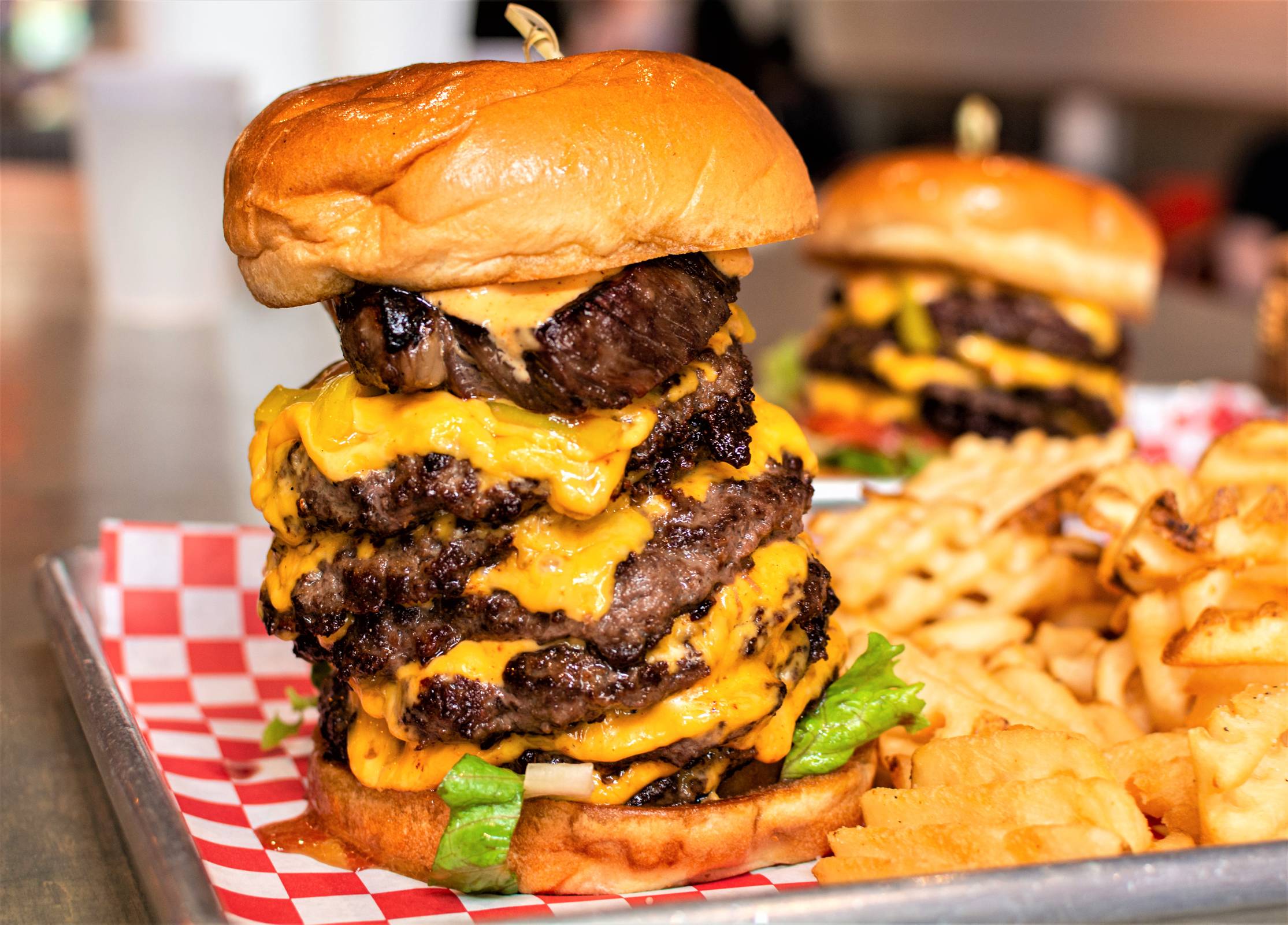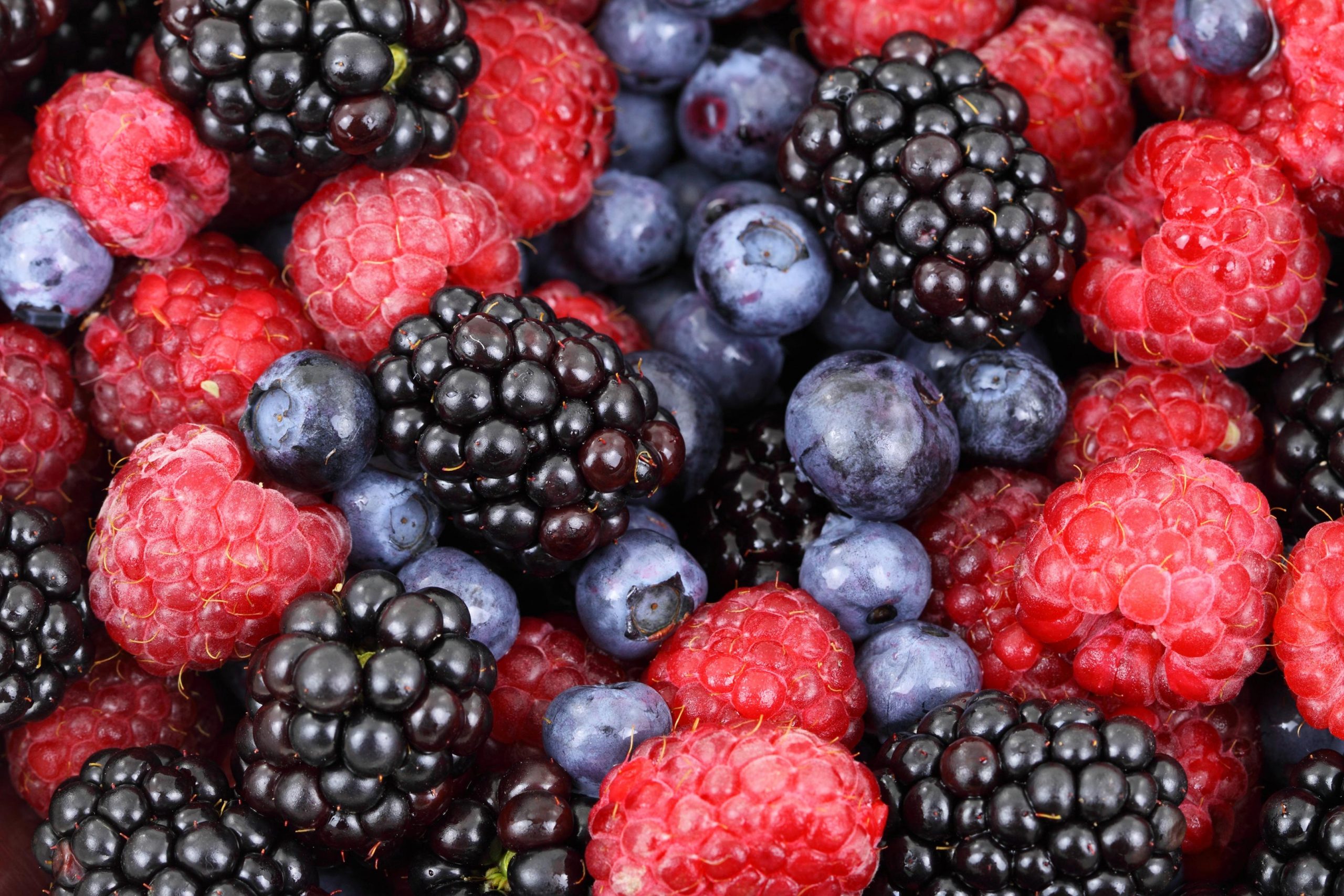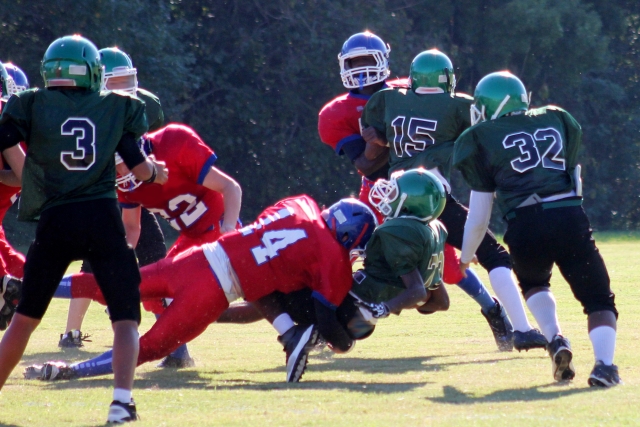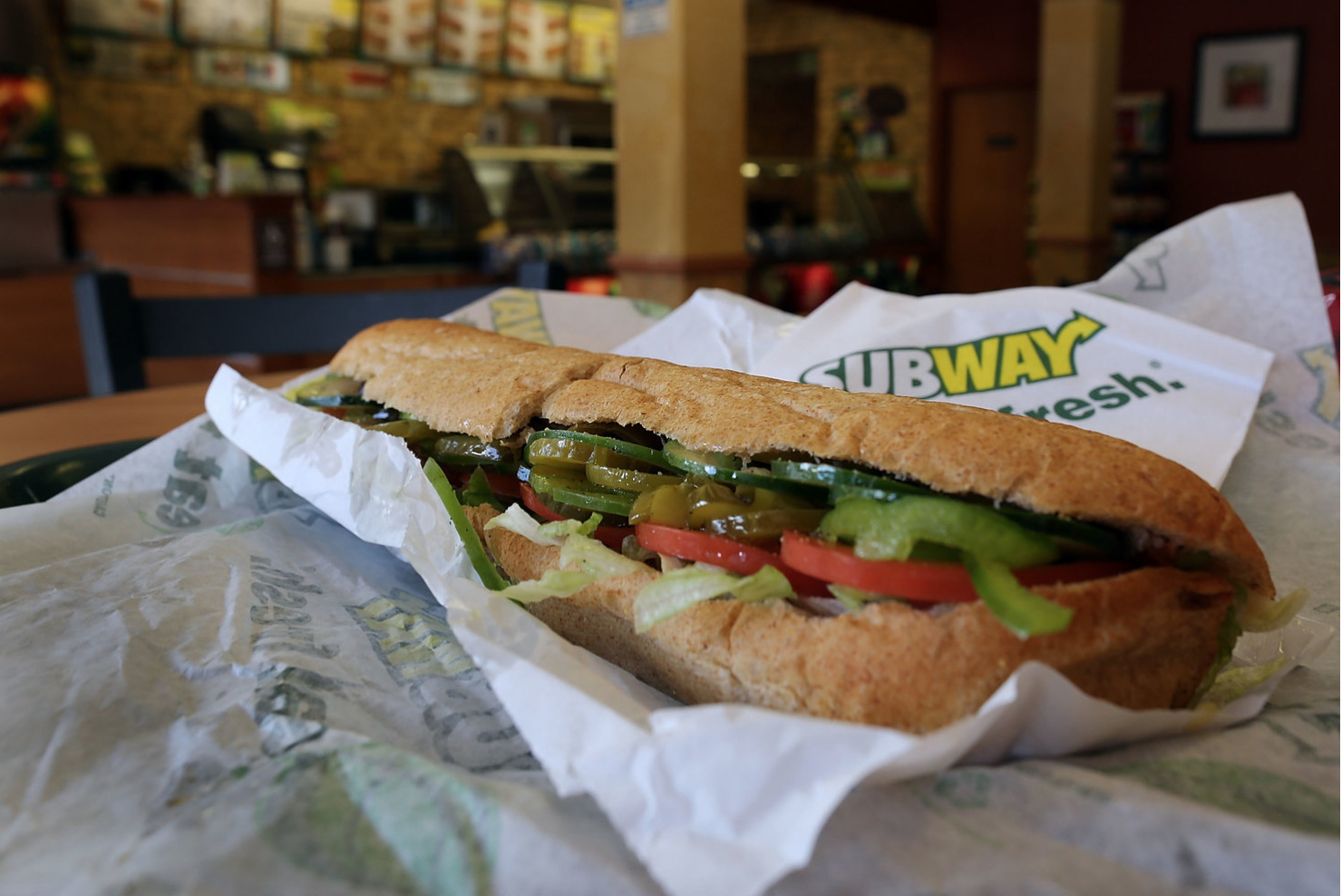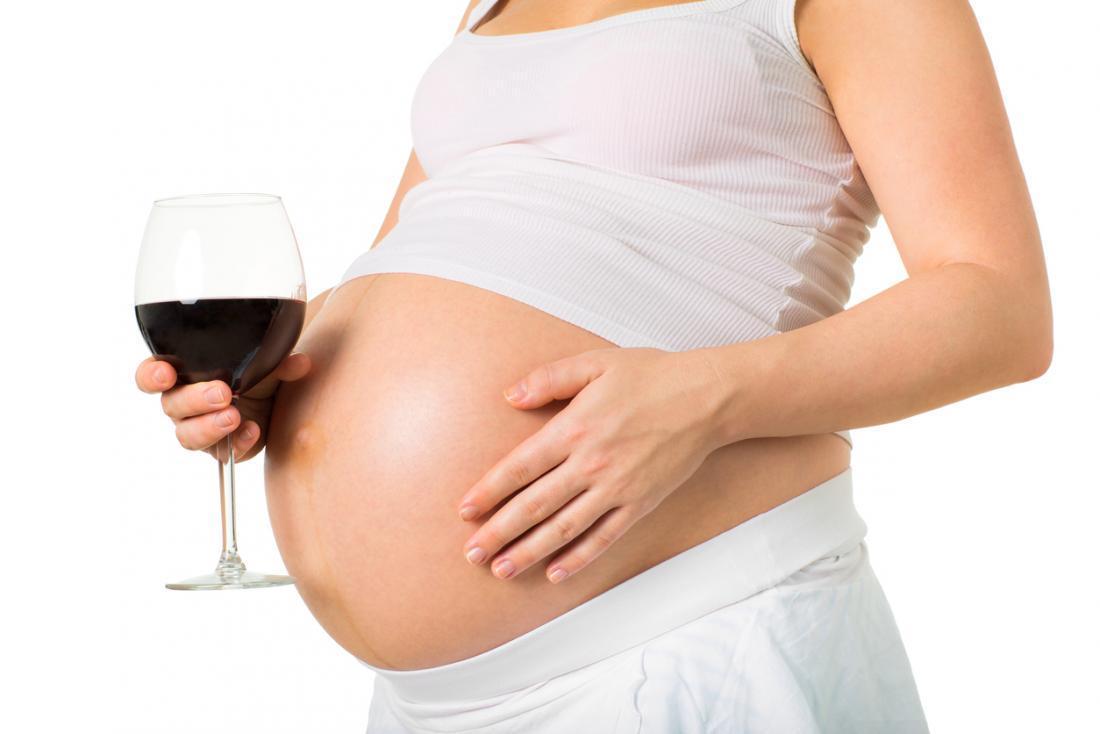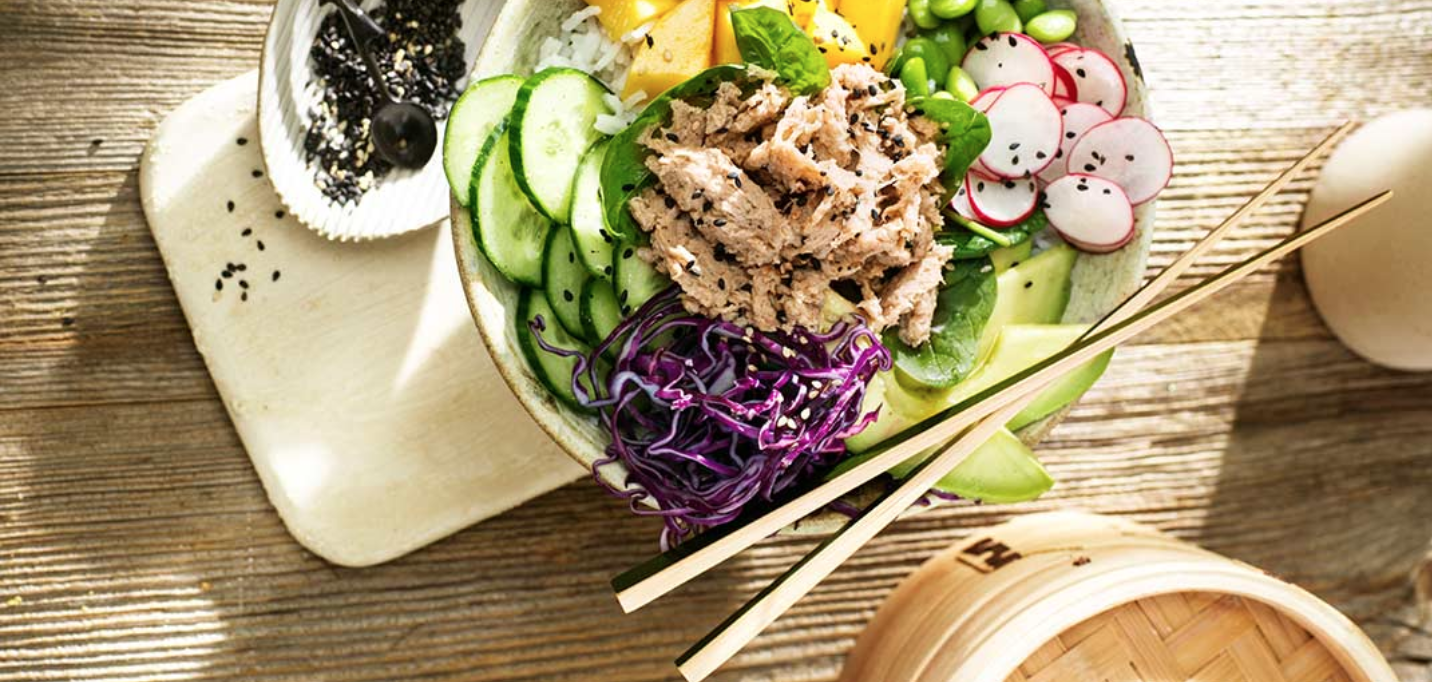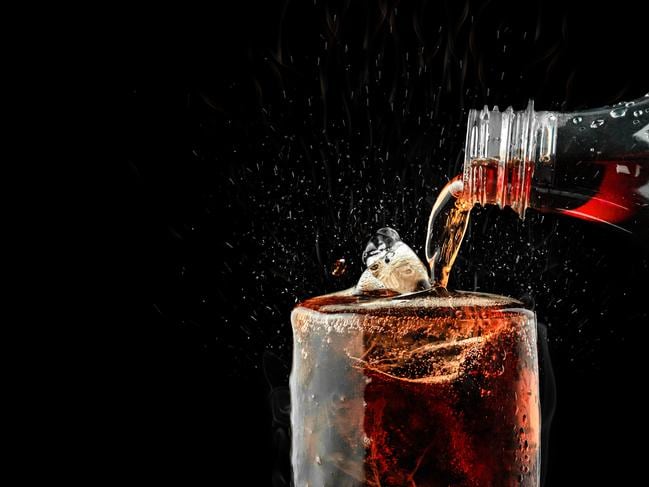
Artificially Sweetened Drinks May Be Bad for Heart Health
Research published in the Journal of the American College of Cardiology has found that both sugary drinks and artificially sweetened drinks may be bad for your heart — and artificially sweetened drinks may actually be worse.Researchers looked at data from over 100,000 French adults taking part in an ongoing nutrition study that began in 2009. The participants have to provide reports on their diet every six months.
For both sugary and artificially sweetened drinks, the participants were put in three groups: people who had no such drinks, those who had a little, and those who had a lot.
People in the middle group drank a median of about 45 milliliters a day, while those in the higher group drank a median of about 180 milliliters each day.
The researchers then looked for evidence of heart disease that occurred after the nutrition study began, including things like people’s first cases of heart attack, stroke and operations to improve blood flow to the heart.
It was found that people who had large amounts of sugary drinks were 20% more likely to have developed heart disease than those who did not have any sugary drinks. However, those who had large amounts of artificially sweetened drinks were 32% more likely to have developed heart disease.
The researchers took into account factors including people’s age, weight, sex, how much other sugar they ate or drank, their family history of heart disease and whether or not they smoked or drank alcohol.
While they noted that they could not prove that artificially sweetened drinks cause heart disease, the researchers wrote that artificially sweetened drinks “might not be a healthy substitute for sugary drinks.”
Dr. Andrew Freeman of the American College of Cardiology, who was not involved in the study, told CNN that the best drink is water — with unsweetened tea or coffee “a very close second.”
Journal of the American College of Cardiologyに発表された研究によると、甘い飲み物と人工的に甘くした飲み物はどちらも心臓に悪い可能性があり、人工的に甘くした飲み物は実際にはもっと悪いかもしれません。
研究者は、2009年に開始された進行中の栄養観察研究に参加している10万人以上のフランス人成人からのデータを調べました。参加者は6か月ごとに食事に関するレポートを提供する必要があります。
砂糖飲料と人工甘味飲料の両方について、参加者は、それらの飲み物を摂取している人、少し摂取している人、そしてたくさん摂取している人の3つのグループに分けられました。
中間グループの人々は1日あたり約45ミリリットルの中央値でしたが、より高いグループの人々は1日あたり約180ミリリットルの中央値でした。
その後、研究者たちは、栄養研究の開始後に発生した心臓病を調査しました。これには、人々の最初の心臓発作、脳卒中、心臓への血流を改善する手術などが含まれます。
甘い飲み物をたくさん飲んだ人は、甘い飲み物を飲まなかった人よりも心臓病を発症する可能性が20%高いことがわかりました。しかし、人工的に甘くした飲み物を大量に摂取した人は、心臓病を発症する可能性が32%高かった。
研究者たちは、人々の年齢、体重、性別、他の砂糖をどれだけ食べたり飲んだりしたか、心臓病の家族歴、アルコールを吸ったり飲んだりしたかどうかなどの要因を考慮に入れました。
彼らは、人工的に甘くした飲み物が心臓病を引き起こすことを証明できないと述べたが、研究者たちは、人工的に甘くした飲み物は「甘い飲み物の健康的な代替品ではないかもしれない」と述べた。
研究に関与していなかった米国心臓病学会のアンドリュー・フリーマン博士は、CNNに、水がベストである、次点で無糖のお茶やコーヒーが良いと語った
